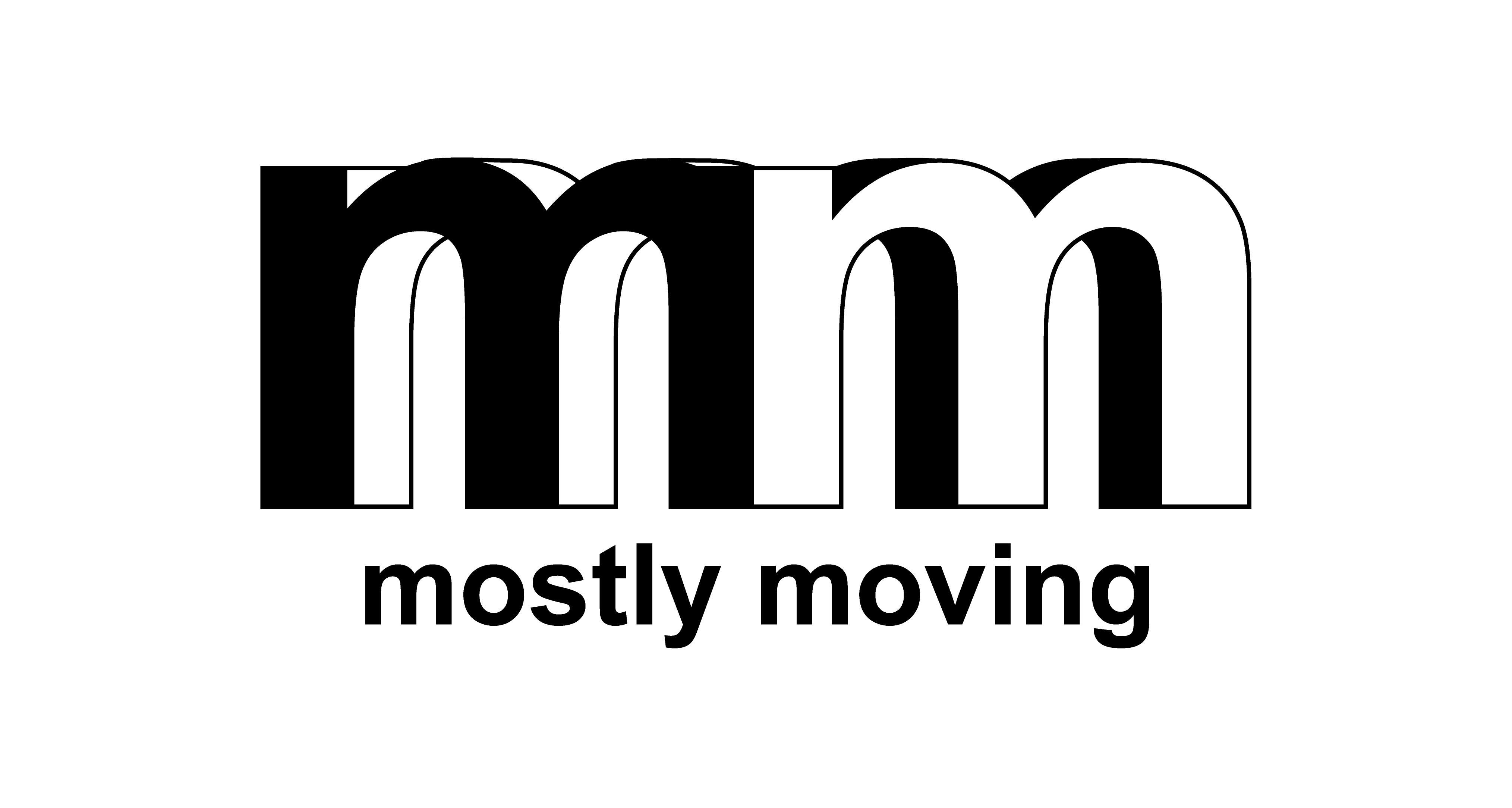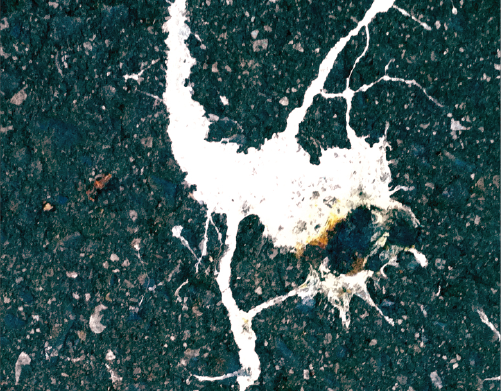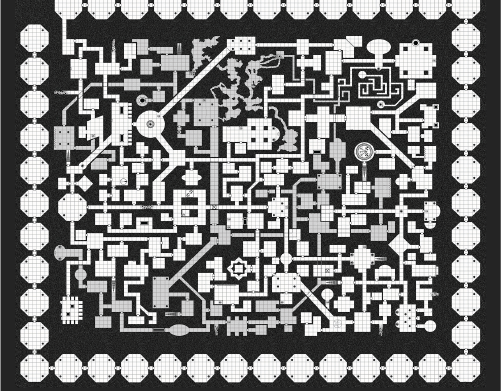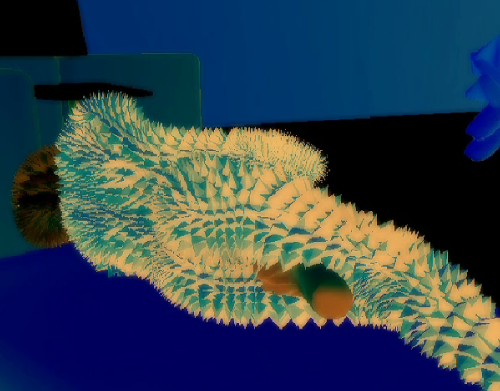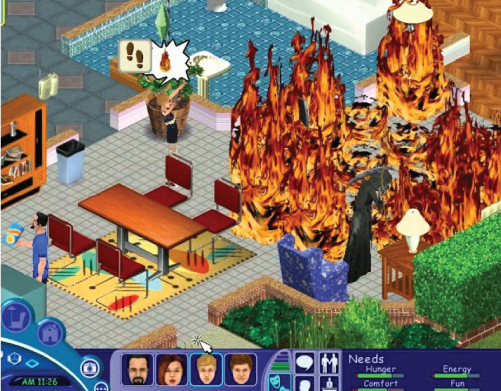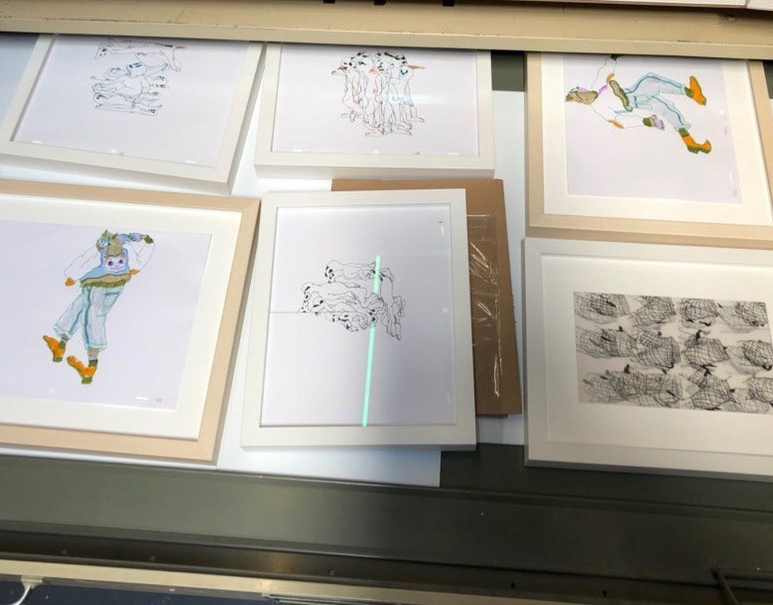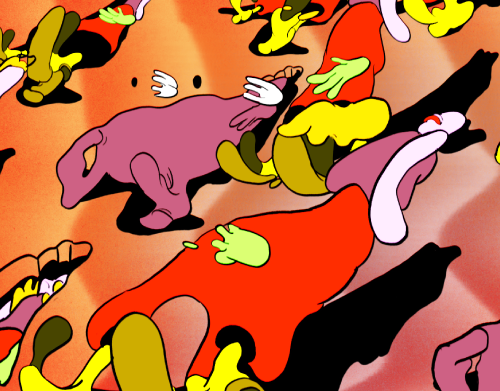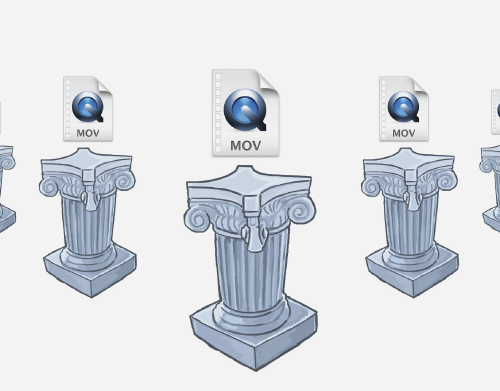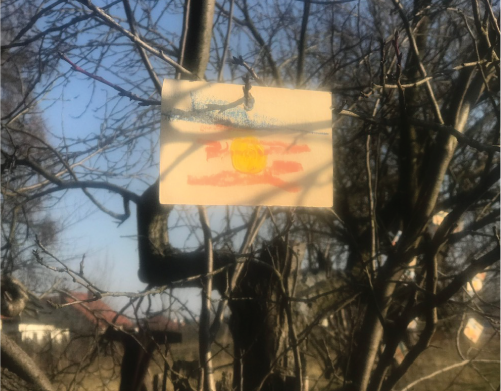Can Worldmaking Save the World?
an essay by Jack Wedge
an essay by Jack Wedge
from MM02, released April 2019
----
As a filmmaker living in 2019, I see a wasteful world, addicted to temporary indulgences to be thrown away, 10-second long attention spans, and self-obsessed online personalities that are just as vain as they are untrue. It is not a culture which encourages contemplation of one’s place in the world or the worth of the environment they live in. The world I live in encourages us to take resources for granted- we don’t think about how we generate the power to use electricity or make and distribute the food we eat. We use it as if it was a limitless free thing that will always be there for us.
I argue that storytelling is the most effective method of portraying an environment as something that is important, that should be valued and protected. The relationships that characters make with their environment can become powerful tools at influencing how we the audience think of our own.
Werner Herzog perhaps unlike any other artist uses the environment of his movies as a cinematic tool. I recently watched his documentary “Lessons of Darkness” about the terrible ecological disaster left in the aftermath of the Gulf War in Kuwait. The cleanup took over 40 countries, 10,000 people, and thousands of tons of machinery. It was the largest non-military mobilization in history- fighting the burning oil fields. With Lessons of Darkness Herzog used the environment as a cinematic tool. Herzog begins his movie, fading in on huge abandoned towers with a sunset backlighting them. He narrates: “A planet in our solar system, wide mountain ranges, clouds, a land shrouded in mist.” Immediately Herzog begins describing the city of Kuwait as something vague. He never mentions where we are- perhaps we are not even on Earth. The camera then cuts, looking down now from a helicopter as it flies over a dusty, sleepy city at dawn. Herzog continues: “Something is looming over this city… This city that will soon be laid waste by war. Now it is still alive, biding its time. Nobody has begun to expect the impending doom.” A deep and ominous orchestral score swoons with a sense of sadness as we watch Kuwait days before its annihilation. Now with the hindsight of the place’s impending death, and having been just told this place is a thing that is still alive but biding its time, it feels as if we are spying on a person before their execution, like looking at a ghost. The camera drifts off of the city into the darkness of the surrounding water.
Herzog uses elaborate visual storytelling devices in this documentary in an effort to decontextualize, ironically, what the movie is actually about. For Herzog, the subject of the film is not based on fact but feeling. He edits away all historical reality with his camera by picking and choosing certain parts of the world to focus on, feeding us an entirely different narrative. Instead of Kuwait- what we see is a foreign and vague alien planet. Instead of burning oil fields, Herzog tells us about a graveyard of ancient dinosaur bones. Lessons of Darkness is purposely vague and misleading so that it may trick its audience. With mystery he is drawing attention, bulking up the environment’s presence, inviting the audience to think of the ruined landscapes in a new and creative way. Herzog is provoking us to think of Kuwait as not just a destroyed battlefield but something left for your own interpretation to figure out.
Towards the end of the film the camera glides over a burning oil ditch surrounded by a pool of what Herzog describes as “treacherous oil”. We drift over the burning oil rig watching as the smoke funneling out of the hole in the ground turns upside with the camera. It looks like a giant animal’s eyeball looking at us. Throughout Lessons of Darkness Herzog constantly is personifying the environment as something alive, as if the distant mountains were only sleeping
giants about to wake up and rise- shaking off all the trees that had been growing on their backs.
One of the most memorable as well as misleading scenes in the documentary is one of the last shots in the movie. It shows a team of American firefighters battling the intense flames, trying to drown out the burning oil with huge hoses and amazing amounts of water. We cut to a rig which looks as if it has been extinguished. Two firefighters stand there in relative calm looking at the gusher with their backs to the camera. One of them lights what looks like a molotov cocktail and hurls it towards the gushing oil well, turning it into a huge fireball again.
The audience, with an understandable lack of knowledge regarding the ins and outs of extinguishing fires like these, asks themselves why would they ever want to reignite an oil rig? Herzog narrates: “Has life without fire become unbearable for them? Others seized by madness follow suit now, they are content now. There is something to extinguish again.” At first watch, I sat with these words not fully understanding them at all. Literally, here Herzog is suggesting that these firefighters have gone insane- we assume due to the trauma they have experienced in such a place of darkness and death. However, after researching the procedures of extinguishing a burning oil rig, I quickly learned that what we had seen was actually a common practice. Firefighters are known to relight burning rigs. It’s a technique to measure how much oil and pressure is underneath the ground so no accidental explosions happen while anyone is near. Except of course Herzog doesn’t tell us any of this. In fact, he does everything in his power to mystify the process of what these men are up to. Instead of methodically describing the work that the firefighters are doing, he portrays them as if they were strange astronauts at war with a storm of smoke and ash, using huge strange guns full of some cold liquid, shooting at the metal monsters who breath fire. He strips away all meaning to an already foreign and surreal sight in an effort to bring his audience into the delirium of the place. With these cinematic tools, Herzog tries to make the audience think differently about the environment he is showing them. He is demonstrating how a place can totally change, driving the people who are there to go insane. Perhaps it was he who found the place too unbearable.
In this way, these places are inherently deemed as objects of importance to the characters and therefore to the audience as well. Herzog’s portrayal of Kuwait comes with a suggestion that it is not just a ruined desert, but something that is alive and suffering.
Storytelling is not just found in the movie theater or on a page- it is spreading into all forms of life. As cellphones become more and more like an appendage of our body, a fifth limb- we see a culture sharing more and more about our daily lives every day. Social media has become not just a place to share pictures and videos- but a window looking into a constant existence- a platform which provides a nonstop presence, which never sleeps or turns off.
With these new forms of media come fresh opportunities for storytellers. We can use our culture’s media obsession for good. It just depends on what we're focusing on, what goes viral, what is deemed important and what is seen as temporary to be thrown away.
Storytellers should be thinking very hard about how to think of climate change, not just as boring scientific bulletin points but as an adventure with dire stakes- with interesting characters and an always changing and affected landscape. This framework of constructing a world is an extremely powerful tool with the ability to shed light on many different empowering themes. What is happening to our Planet’s ecosystem today will have profound impacts on all forms of life.
Movies like Herzog’s Lessons of Darkness is a testament to the variety of narrative work that is pushing the most important theme in our world today- something that should be a mantra for everyone who lives on this distressed planet. We are alive on this planet only
because we are a piece of it- fitting in amongst amazing biodiversity. We exist on a magical planet which should not be taken advantage of, taken for granted, or used unsustainably.
----
----
If you enjoyed this interview, please consider purchasing a physical copy.
Your support keeps the magazine running, thank you.
Your support keeps the magazine running, thank you.
© Mostly Moving 2020
